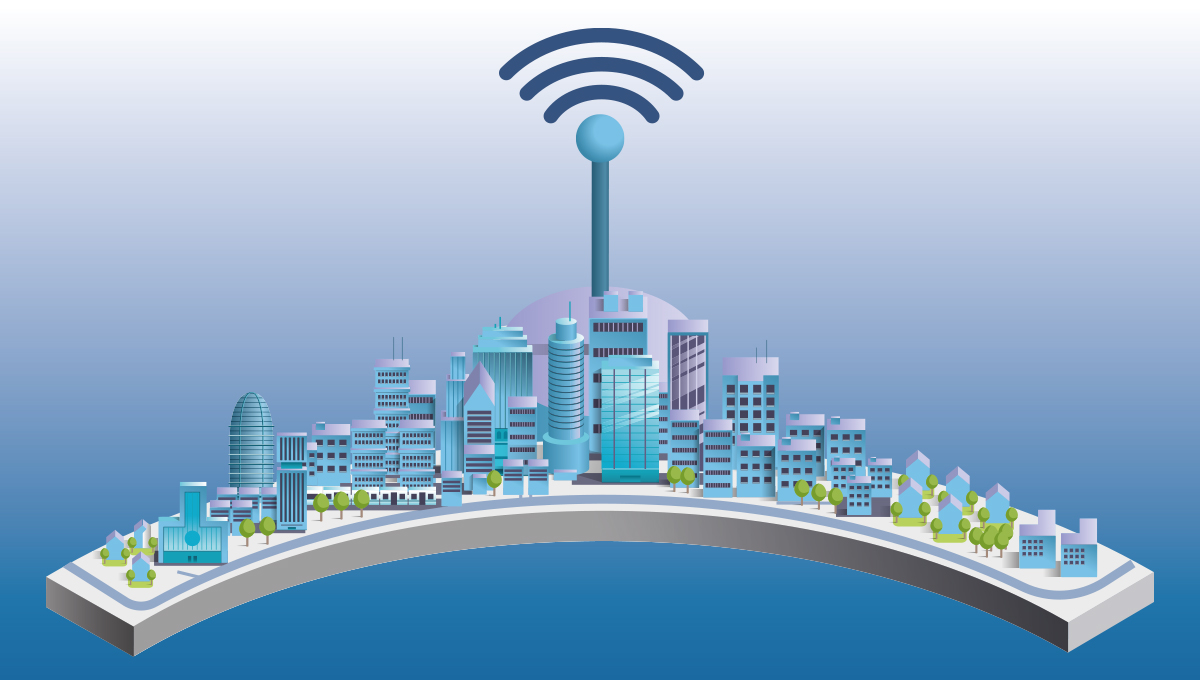
Urban Utopia: Navigating the Smart Cities Era
The Rise of Smart Cities
In the mosaic of urban living, a transformative force is reshaping the landscape—Smart Cities. These hubs of innovation are not just concrete jungles; they are interconnected ecosystems leveraging technology to enhance efficiency, sustainability, and the overall quality of life. As urbanization accelerates, Smart Cities emerge as the vanguards of a new era, where data, connectivity, and intelligence converge to create a seamless urban utopia.
Exploring the Smart Cities Landscape
To delve into the realm of Smart Cities and explore the myriad innovations, visit Smart Cities. This platform serves as a gateway to understanding the latest trends, technologies, and real-world implementations that define the evolution of urban spaces. Navigate the digital corridors of Smart Cities and witness the intersection of urban living and cutting-edge technology.
Connectivity Redefined
At the heart of Smart Cities lies a web of connectivity that binds every aspect of urban life. From intelligent transportation systems and smart grids to interconnected devices and citizen engagement platforms, the city becomes a networked organism. This connectivity not only enhances the efficiency of urban services but also fosters a sense of community, where data acts as the connective tissue linking citizens and city management.
Data-Driven Decision-Making
Smart Cities thrive on the lifeblood of data. Sensors, IoT devices, and digital platforms collect vast amounts of data, providing insights into various facets of city life. This data serves as the foundation for informed decision-making, allowing city officials to optimize resource allocation, predict traffic patterns, manage energy consumption, and respond proactively to the evolving needs of the urban population.
Sustainable Urban Ecosystems
Sustainability takes center stage in the narrative of Smart Cities. From energy-efficient infrastructure and waste management systems to green spaces and eco-friendly transportation, Smart Cities prioritize the well-being of both residents and the environment. The integration of renewable energy sources, smart buildings, and sustainable practices paints a vision of urban living that minimizes its ecological footprint.
Smart Mobility Solutions
In the age of Smart Cities, mobility undergoes a paradigm shift. Integrated and sustainable transportation systems, including smart public transit, electric vehicles, and autonomous mobility solutions, redefine the way people move within urban landscapes. Smart mobility aims not only to reduce congestion but also to enhance accessibility and promote environmentally conscious modes of transportation.
Urban Resilience and Smart Infrastructure
Smart Cities embrace resilience in the face of challenges, both predictable and unforeseen. The integration of smart infrastructure, including resilient power grids, advanced communication networks, and adaptive urban planning, positions cities to withstand and recover from disruptions. This proactive approach to resilience ensures that cities evolve as dynamic and responsive entities.
Enhancing Citizen Engagement
In the tapestry of Smart Cities, citizens are active participants rather than passive observers. Digital platforms and mobile applications facilitate real-time communication between residents and city authorities. Citizens can contribute feedback, report issues, and engage in decision-making processes. This democratization of urban governance fosters a sense of community and empowers residents to shape the future of their cities.
Security in the Digital Age
As Smart Cities embrace the digital age, security becomes a paramount concern. From safeguarding critical infrastructure to ensuring the privacy of citizen data, Smart Cities implement robust cybersecurity measures. The integration of advanced technologies such as AI-powered surveillance, biometric authentication, and secure data encryption creates a resilient urban environment in the face of evolving cyber threats.
Economic Opportunities and Innovation Hubs
Smart Cities not only enhance the quality of life but also become incubators of economic opportunities and innovation. The integration of technology attracts businesses, startups, and talent, transforming cities into dynamic innovation hubs. This influx of creativity and entrepreneurship contributes to economic growth, job creation, and the development of a vibrant urban ecosystem.
Urban Utopia Unveiled
In conclusion, the era of Smart Cities unfolds as an urban utopia where technology and humanity coalesce to create a harmonious living environment. To explore the evolving landscape and stay informed about the latest developments, visit Smart Cities. The journey through the corridors of Smart Cities invites residents, urban planners, and technology enthusiasts alike to navigate the intersections of innovation, connectivity, and sustainability, shaping the cities of tomorrow.
